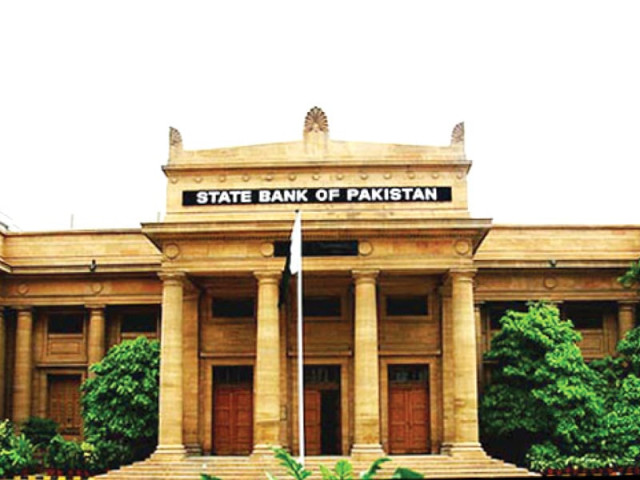SBP allows 100% advance import payments
Liberalisation sparks confidence amid forex reserves surge, traders eye greenback surge

Pakistan’s central bank has allowed commercial banks to make up to 100% import payment in advance without acquiring prior approval, liberalising the import regime after the country’s foreign exchange reserves improved recently.
The softening of trade instructions rules aims to instil confidence in foreign sellers and domestic buyers, potentially easing the hardships faced by traders on imports due to recent low reserves. However, this move may enhance demand for the greenback in the short to medium run.
The State Bank of Pakistan (SBP) directed commercial banks to ensure that advance payments are not misused and remain in compliance with Trade-Based Money Laundering (TBML) regulations.
The central bank stated that it would hold commercial banks responsible for ensuring imports are made within the given timeframe of 120 to 720 days, depending on the nature of the imported goods. Any delay in import against advance payment would trigger a penalty of 0.1% per day on the importers.
SBP Governor Jameel Ahmed announced on Monday that foreign currency inflows are improving sustainably, helping increase foreign exchange reserves to a six-month high of $8.3 billion at present, up from around $4 billion in June 2023.
Financial experts noted that the current reserves level provides import cover for about two months.
The SBP notification reads that authorised dealers, mostly commercial banks, are henceforth allowed to effect import advance payments with appropriate due diligence, without prior approval of SBP, against irrevocable letters of credit or invoices, up to 100% of the value of the letter of credit or invoice, as the case may be.
The revised instructions are applicable with immediate effect. Import advance payments already made prior to the issuance of these instructions shall be treated “as per previous regulations” issued on the subject.
The amount of the import advance payment shall commensurate with the profile of the customers, the quantity and nature of goods being imported, and the pricing trends prevailing in the international and domestic markets.
Read SBP holds policy rate at record 22%
Dealers need to take necessary measures to examine the transactions and verify the bona fides and genuineness of the beneficiaries to mitigate the risk of any misuse. For this purpose, dealers shall obtain an undertaking from importers and “may seek appropriate collaterals/guarantees from the customers/beneficiaries to safeguard their interests.”
In case the goods against advance payment are not imported and/or the funds remitted in advance are not repatriated for any reason within 730 days in the case of plant and machinery or 120 days in all other cases from the date of advance payment, authorised dealers shall recover an interim penalty at 0.1% per day for the delayed period on the outstanding amounts of advance payment and deposit the same on a monthly basis in favour of SBP.
The SBP directed authorised dealers to establish a monitoring mechanism to ensure that importers do not misuse import advance payments and may take appropriate actions against any delinquent importers, including filing of STRs (suspicious transaction reports) in cases involving TBML (Trade Based Money Laundering), debarring the importer from making any future advance payments, etc.
Dealers shall submit a consolidated statement regarding cases where import has not been effected by the due date or the amount of advance payment is repatriated for any reason.
Another statement containing details of penalties charged, shipments received, and amounts repatriated, if any, against already reported outstanding import advance payments will also be submitted by the given deadline.
.Published in The Express Tribune, February 1st, 2024.
Like Business on Facebook, follow @TribuneBiz on Twitter to stay informed and join in the conversation.


















COMMENTS
Comments are moderated and generally will be posted if they are on-topic and not abusive.
For more information, please see our Comments FAQ